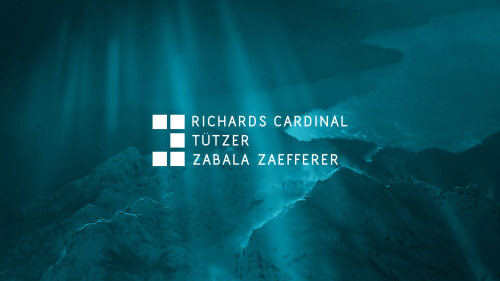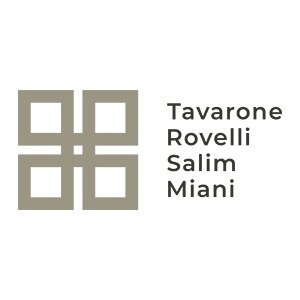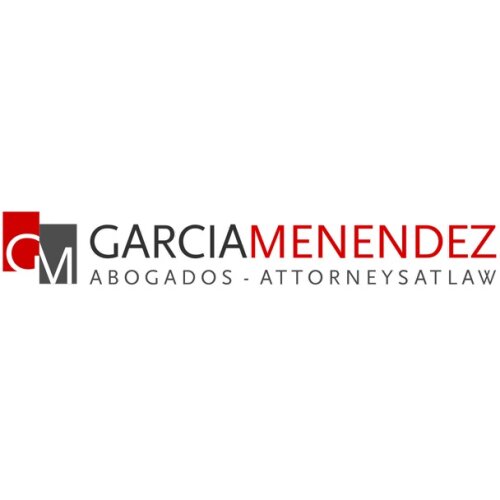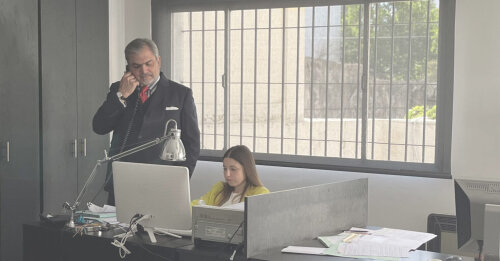Best Franchising Lawyers in Argentina
Share your needs with us, get contacted by law firms.
Free. Takes 2 min.
Or refine your search by selecting a city:
List of the best lawyers in Argentina
About Franchising Law in Argentina
Franchising in Argentina is a well-established business model, offering an avenue for both franchisors and franchisees to expand into new markets effectively. The Argentine Franchising Law was formally enacted in 2019 and is included in the Civil and Commercial Code. It aims to provide a balanced structure for franchise agreements, ensuring clear legal standards. The local legal framework is designed to protect the interests of both parties involved in a franchise agreement by emphasizing disclosure, fairness, and the establishment of contractual obligations.
Why You May Need a Lawyer
Engaging a lawyer specializing in franchising in Argentina can be crucial in several situations. Common reasons include:
- Drafting and reviewing franchise agreements to ensure compliance with local laws.
- Negotiating terms and conditions that are favorable and fair.
- Assistance with the disclosure document, which is mandatory for franchisors to provide to potential franchisees.
- Resolving disputes that may arise between franchisors and franchisees, including mediation and litigation if necessary.
- Advising on intellectual property rights, which are a vital component of franchising models.
Local Laws Overview
The key aspects of franchising laws in Argentina include:
- The necessity of a written contract, which must clearly outline the rights and obligations of both the franchisor and the franchisee.
- The obligation for the franchisor to provide a uniform business model to the franchisee, which includes trademarks, know-how, and support.
- The duty of the franchisor to provide a disclosure document at least 30 days before the agreement is signed.
- Mandatory minimum conditions in the franchising contract to protect the franchisee, such as the duration of the franchise and conditions for renewal or termination.
Frequently Asked Questions
What is a franchise agreement, and why is it important?
A franchise agreement is a legally binding contract between the franchisor and franchisee that codifies the terms of the relationship. It is crucial as it defines each party's roles, rights, and responsibilities, ensuring transparency and minimizing disputes.
What is the disclosure document in franchising?
This document, which franchisors must provide to potential franchisees, contains essential information about the franchisor, the franchise system, and the risks involved. It is designed to help potential franchisees make informed decisions.
How long does a typical franchise agreement last in Argentina?
The duration of franchise agreements can vary. Typically, they are set for 5 to 10 years, subject to the terms agreed upon by both parties.
Can a franchisor terminate a franchise agreement at any time?
No, a franchisor cannot unilaterally terminate a franchise agreement. Termination must comply with the terms stipulated in the contract, usually after providing valid reasons and adhering to notice periods.
Are there any fees associated with signing a franchise agreement?
Yes, franchise agreements often require an initial franchise fee and ongoing royalty payments as specified in the contract. These cover the right to use the franchisor's brand and system.
What role does intellectual property play in franchising?
Intellectual property is fundamental in franchising, as it includes trademarks, logos, and proprietary knowledge, which are integral to the brand's identity and value proposition.
Is it mandatory to have legal representation when signing a franchise agreement?
While not mandatory, it is highly recommended to have legal representation to ensure your interests are protected and that you fully understand the contract terms.
How are disputes typically resolved in franchising?
Disputes can be resolved through direct negotiation, mediation, arbitration, or, as a last resort, litigation. The chosen method is usually outlined in the franchise agreement.
What should be considered in terms of location for a franchise?
Location is critical and typically involves market research to identify areas with high potential for success, considering factors like foot traffic, demographics, and competition.
Can franchise agreements be renewed, and under what conditions?
Yes, franchise agreements can often be renewed. The conditions for renewal should be clearly defined in the contract, including notice periods and potential changes to terms.
Additional Resources
Consider connecting with the following resources for further guidance:
- The Argentine Franchise Association: an organization that supports both franchisors and franchisees.
- Professors and articles from local universities that specialize in commercial and franchise law.
- Local chambers of commerce, which often provide networking opportunities and legal advice on franchising.
Next Steps
If you require legal assistance in franchising, the following steps may be helpful:
- Conduct preliminary research to understand the basics of franchising law in Argentina.
- Identify and reach out to a lawyer specializing in franchising to guide you through the legal landscape.
- Prepare relevant documents and a list of questions before your legal consultation.
- Consider joining franchise associations for continued support and knowledge-sharing opportunities.
Lawzana helps you find the best lawyers and law firms in Argentina through a curated and pre-screened list of qualified legal professionals. Our platform offers rankings and detailed profiles of attorneys and law firms, allowing you to compare based on practice areas, including Franchising, experience, and client feedback.
Each profile includes a description of the firm's areas of practice, client reviews, team members and partners, year of establishment, spoken languages, office locations, contact information, social media presence, and any published articles or resources. Most firms on our platform speak English and are experienced in both local and international legal matters.
Get a quote from top-rated law firms in Argentina — quickly, securely, and without unnecessary hassle.
Disclaimer:
The information provided on this page is for general informational purposes only and does not constitute legal advice. While we strive to ensure the accuracy and relevance of the content, legal information may change over time, and interpretations of the law can vary. You should always consult with a qualified legal professional for advice specific to your situation.
We disclaim all liability for actions taken or not taken based on the content of this page. If you believe any information is incorrect or outdated, please contact us, and we will review and update it where appropriate.
Browse franchising law firms by city in Argentina
Refine your search by selecting a city.
















